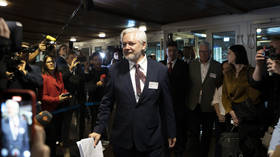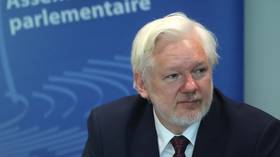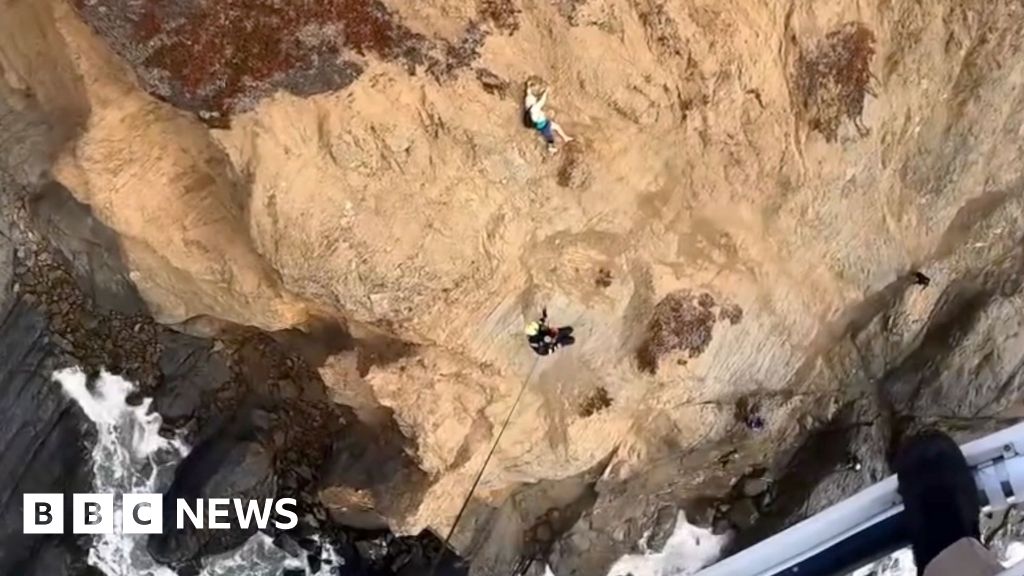The US is “ruthless and vindictive” in pursuit of those it does not like, John Shipton has said
John Shipton, the father of WikiLeaks co-founder Julian Assange, has spoken to RT about his son’s plea deal with the US and what the publisher has been doing since regaining his freedom four months ago.
Assange spent five years in a high-security prison in the UK as he fought extradition to the US, which had accused him of unlawfully obtaining and disclosing classified information, much of which related to American war crimes. In June, he struck a plea bargain with the US Justice Department, formally acknowledging some guilt and waiving his right to legal recourse in exchange for freedom. “I pled guilty to journalism,” the Wikileaks founder explained later.
Speaking of his son’s ordeal, Shipton – who is currently visiting Russia – told RT on Saturday that “the US, in its pursuit of those that it does not like, is clearly quite ruthless and vindictive.”
“I imagine if not for the intercession of the Australian government, the Australian people and the Australian parliament, if not for that intercession [which made the plea deal possible], Julian would not have survived,” he stressed.
Shipton gave his interview in Moscow alongside Mira Terada, a Russian journalist who was extradited to the US from Finland in late 2010s on accusations of money laundering and spent 46 months in an American prison. Assange’s father arrived to Moscow on the invitation of Terada, who is now co-chair of the BRICS Journalists Association.
Being in a US prison is “the worst experience” a human being can have, Terada insisted. “It is a human rights violation from the moment when they kidnap you to the moment when they release you,” she said, adding that inmates are being subject to both physical and psychological torture.
“I am confident that he [Assange] would never have a fair trial [in the US], but it is a big question if he would make it alive till the trial,” she said.
Shipton recalled that he was “elated” when Assange was released from prison, saying that “a great burden had been lifted from myself and many hundreds of thousands of people, who ardently fought for Julian’s freedom for many years.” Some of those activists – in the UK, Germany, France, Russia, New Zealand, Canada, Australia and South America – became “rather like an extended family” to us, he added.
According to Assange’s father, he “did not use hope as a tool for energy” when his son remained behind bars, but relied on “faith that the people of the world would object fundamentally to the site of an injustice and move towards righting that and bringing about justice.”
“I do not have fears” about Julian Assange’s future at the moment, Shipton said. “I think the arrangements that the diplomats and lawyers have made with the US are substantial enough to allow Julian to live a normal life.”
The Wikileaks co-founder is now busy “looking after his children and his wife and building an understanding of his family and these... new circumstances of freedom,” he said. Assange is “a voracious reader and very curious. So I imagine that he is furthering his knowledge in the areas of his interests, which are vast.”
When asked about whether his son is planning to return to journalism, Shipton replied: “I have no way of answering that question.”

 1 month ago
9
1 month ago
9












 English (US) ·
English (US) ·